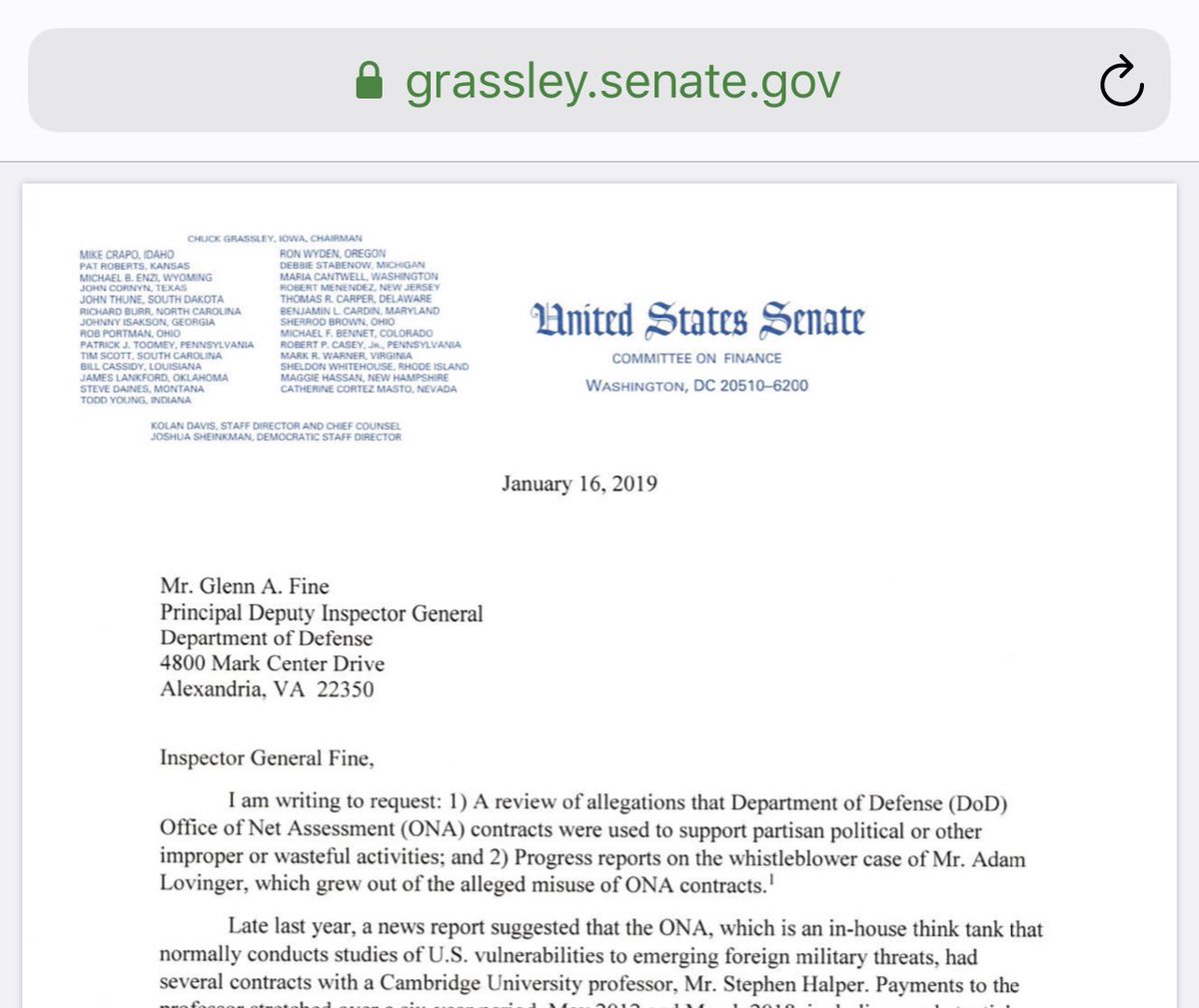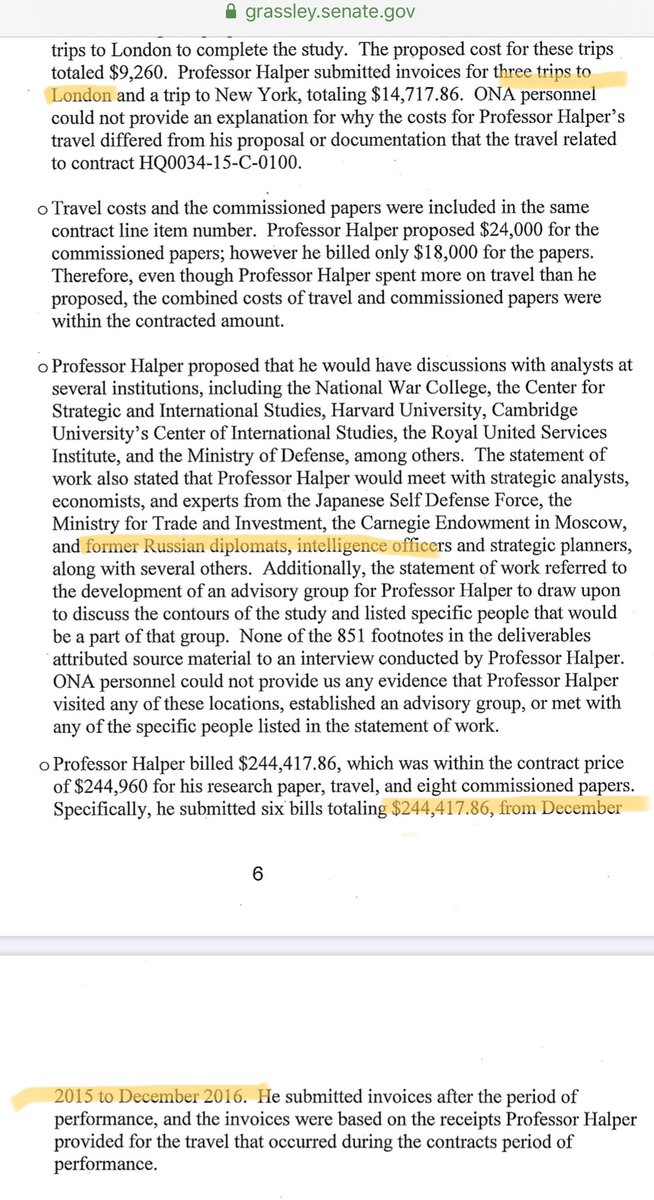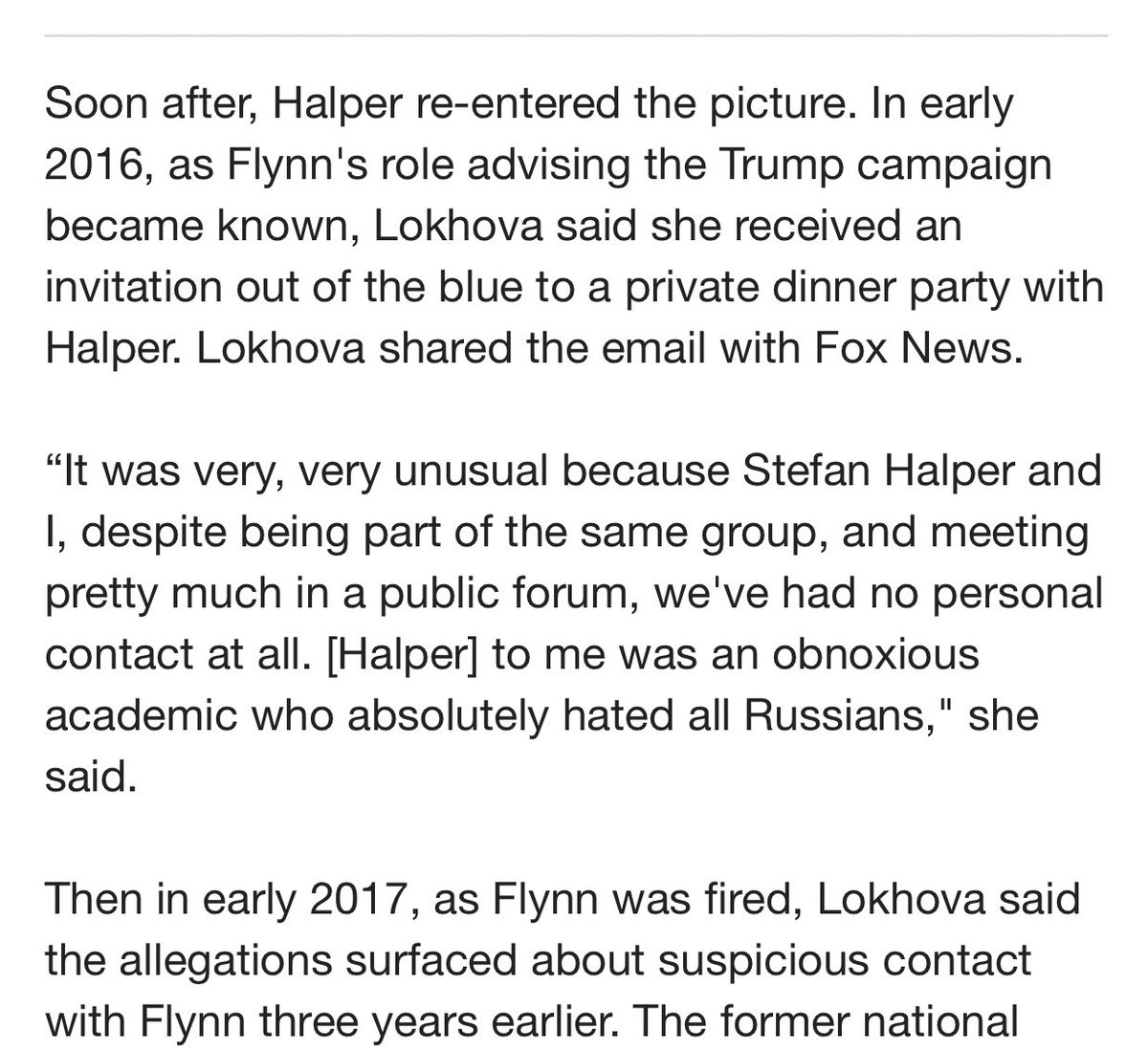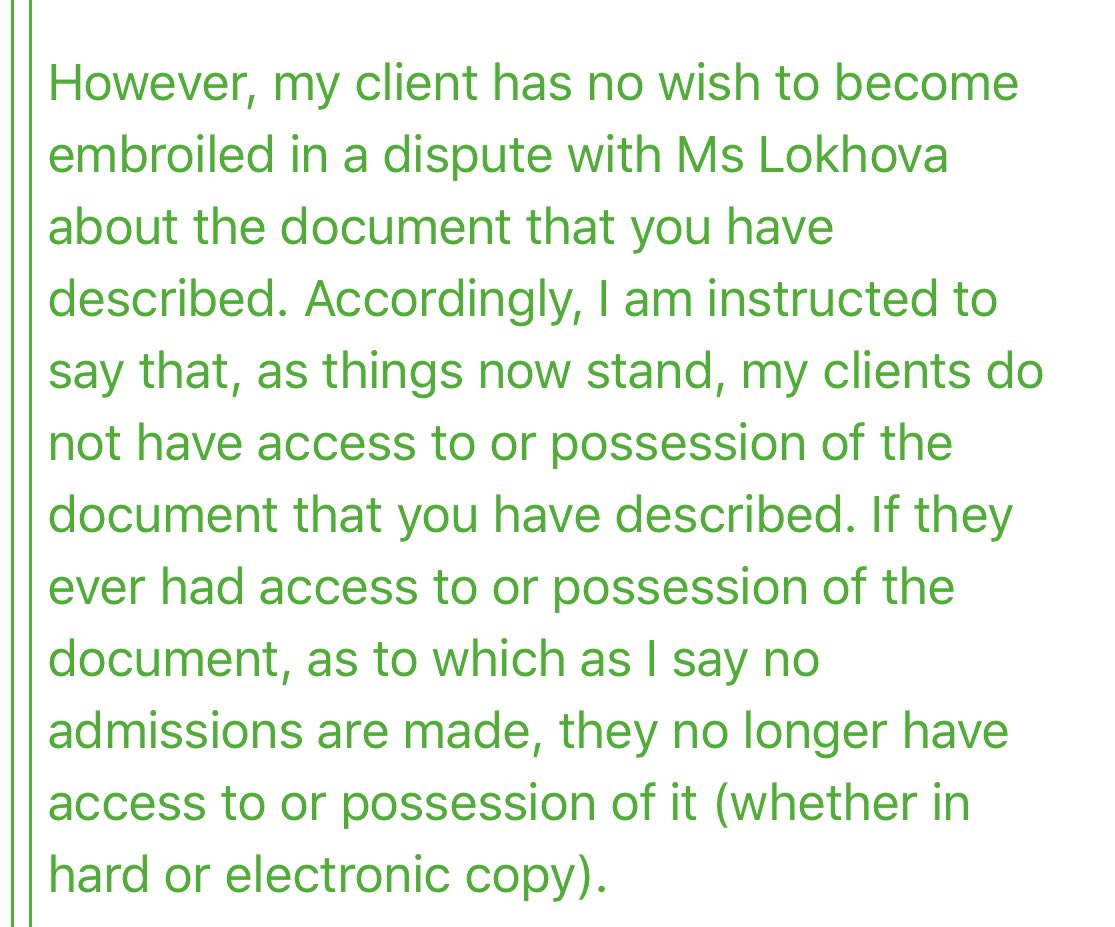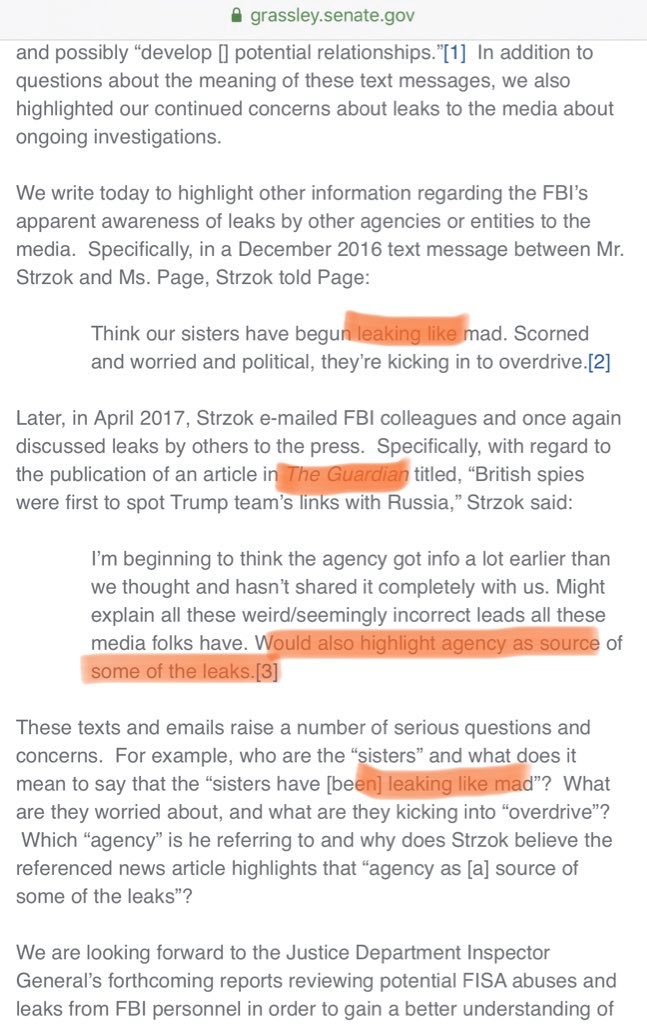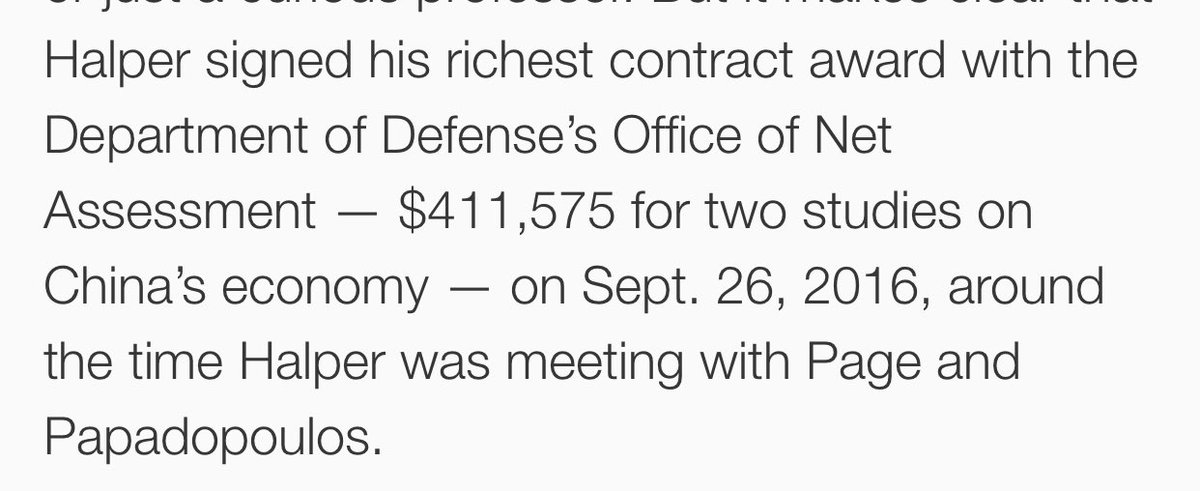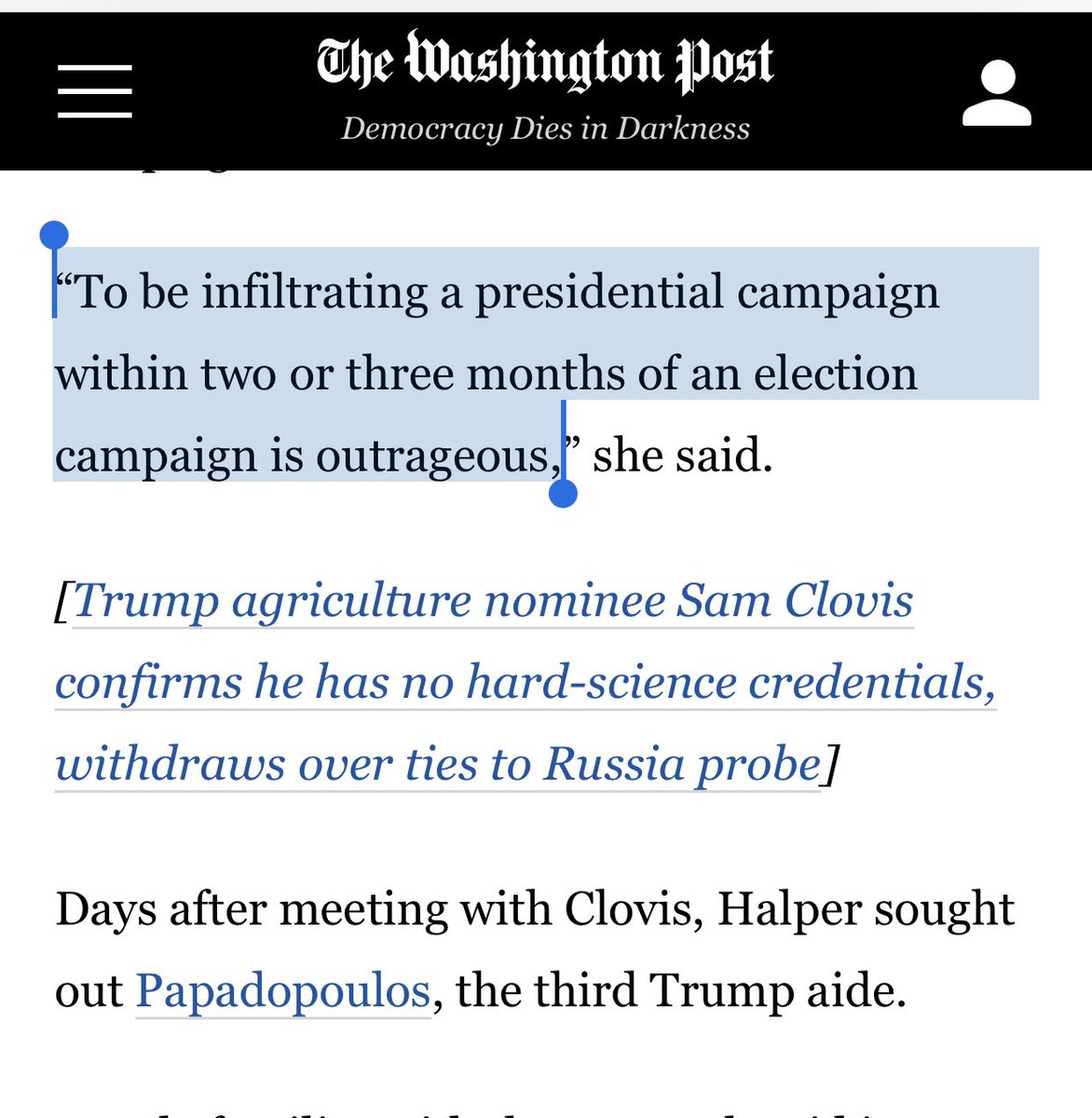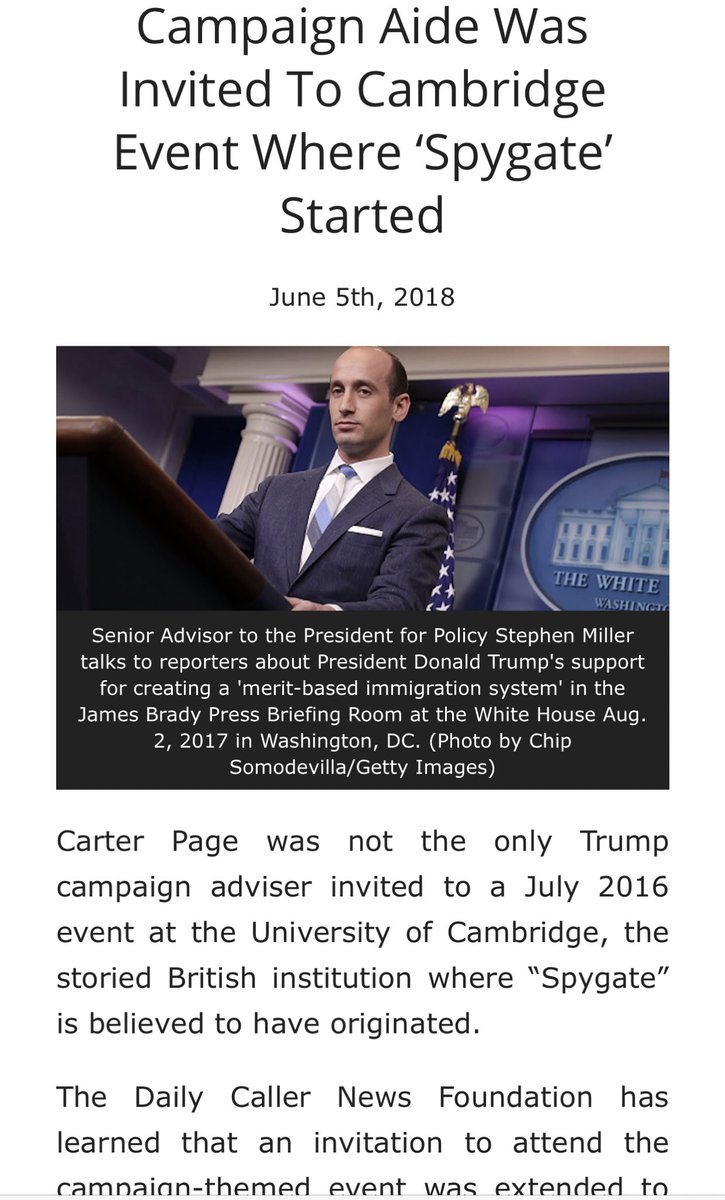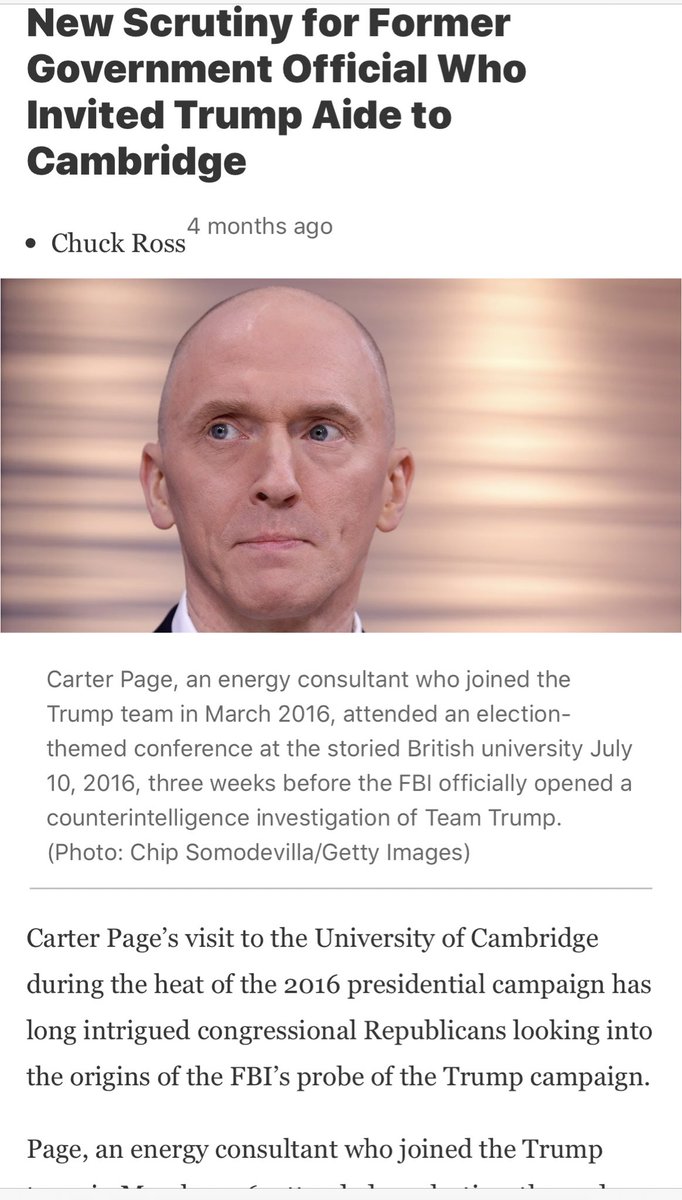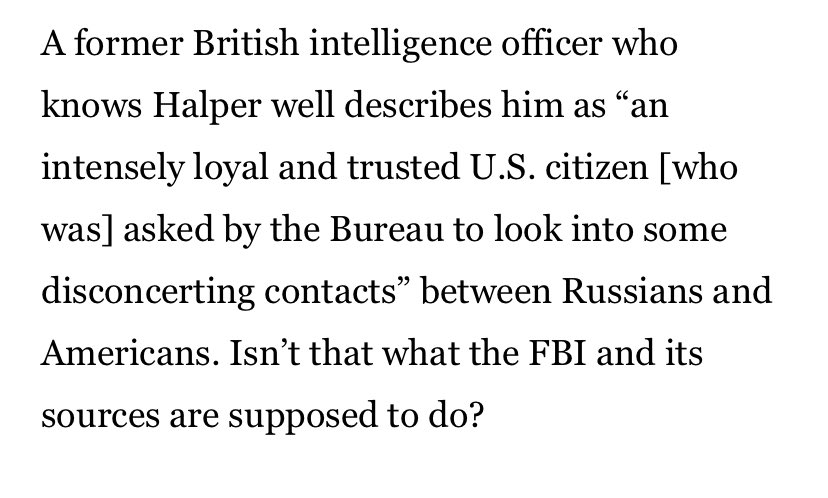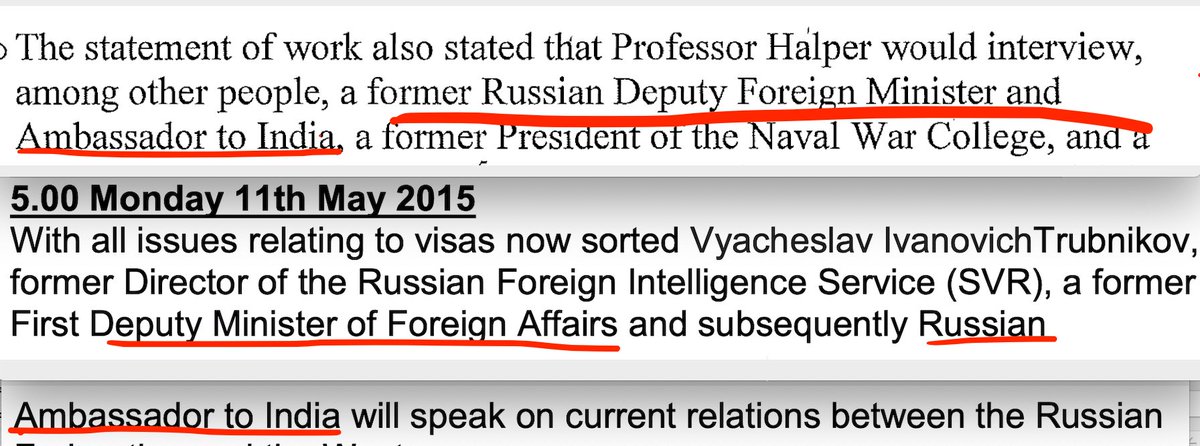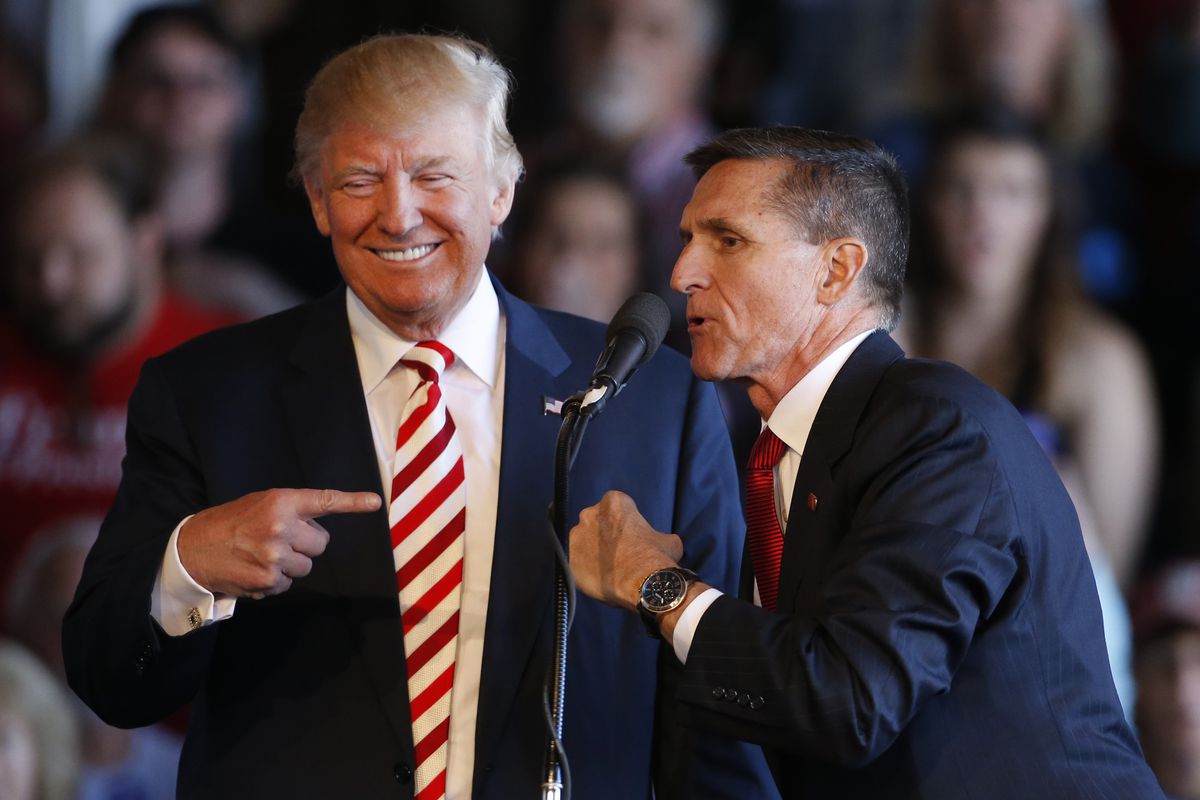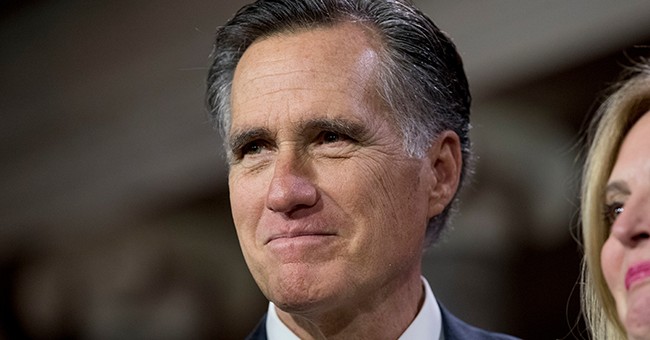Excerpt from Michael Goodwin’s Pulliam Lecture at Hillsdale College.
The separation of news from opinion was an ingrained part of the culture at The New York Times when I started there in the 1970s.
As a young reporter, I knew the rule without understanding its significance. I only knew I was not permitted to express my opinions in my stories.
Those were the days when copy was edited by hand and if you veered into editorializing, editors simply crossed out the offending words. You learned of your mistake when you read the paper the next day and realized your opinion was on the cutting-room floor.
This was a painful way to learn, but learn we did.
The top editor then was the late Abe Rosenthal. He said he knew reporters tended to lean left politically, so he steered the editing process to the right. That way, he said, the paper would end up in the middle.
He often declared that his epitaph would be, “he kept the paper straight.”
I was surprised when his widow informed me that those words appear on the footstone of his grave. She sent me a photograph to prove it.
Now that is commitment!
Another key standard involved sources, which are a flashpoint these days. The Times “Manual on Style and Usage,” which has set the paper’s rules for more than a century, says the best source for readers is one who can be identified by name, but also describes when anonymous sources can be used.
The decision must be justified by a reporter and editor who agree that “not only is there no other way to obtain the information, but also that the information is both factual and important.”
In effect, reporters and editors are required to vouch for the sources’ claims.
To add another layer of fairness, an anonymous source had to be identified as much as possible. The manual says, “United States diplomat is better than Western diplomat, which is better than diplomat. And better still is a United States diplomat who took part in the meeting.”
Again, the aim was to give the reader sufficient information to make a judgment about the source’s credibility.
In addition, anonymous sources were not permitted to make derogatory statements about someone. Because the target would have no way to respond when the source was shielded, reporters were not permitted to use derogatory quotations from anonymous sources.
Over time, these rules instilled trust among readers. Many New Yorkers grew up believing that, if The New York Times said it, it is probably true.
So what happened? How is that we are witnessing the collapse of the paper’s credibility?
The answer begins with Ernest Hemingway’s line in “The Sun Also Rises” about how a character went bankrupt: “Gradually and then suddenly.”
The collapse of the Times’ standards was a gradual process that culminated in a sudden decision by current editor Dean Baquet to abandon them.
After Abe Rosenthal left the newsroom in 1986, a succession of editors relaxed his rules. Accuracy declined but the most glaring change was that coverage began to reflect the bias of editors and reporters.
And then came Baquet. A former reporter in his native New Orleans as well as in Chicago and New York, Baquet was managing editor at The New York Times in 2014 when his boss, Jill Abramson, was fired, and he was named her successor.
Nothing in his rise suggests the radicalism he now displays. The defining moment came in August of 2016 with an article by the Times’ media columnist. It began this way: “If you’re a working journalist and you believe that Donald J. Trump is a demagogue playing to the nation’s worst racist and nationalist tendencies, that he cozies up to anti-American dictators and that he would be dangerous with control of the United States nuclear codes, how the heck are you supposed to cover him?”
Under standards I grew up with at the Times, the answer is easy: Because you hold blatantly partisan views, you probably can’t provide impartial coverage. You should be writing about sports or food or fashion — anything but politics.
Baquet’s reaction was exactly the opposite. That column, he said, “nailed” his thinking that Trump had “challenged our language” and he claimed Trump “will have changed journalism.”
He declared an end to the quest for fairness, saying: “I think that Trump has ended that struggle,” adding: “We now say stuff. We fact-check him. We write it more powerfully that it’s false.”
Baquet turned that view into policy. Suddenly, standards of fairness and impartiality that Adolph Ochs established and that every publisher and editor since had tried to uphold were abandoned.
Instead of just who, what, when, where and why, a Times story would have another element: the reporter’s opinion.
Since then, virtually every so-called news article has reflected a bias against Trump. Stories, photos, headlines, placement — all the tools editors have are summoned to the battle.
Moreover, this license has infected the entire paper. Even stories on the sports and business pages are overtly opinionated.
Nothing about the Times these days is impartial. Nothing.
On politics, the implications of Baquet’s decision are enormous. One is that readers who subscribe to the Times because of its anti-Trump agenda feel entitled to have it their way. After a spate of mass shootings last summer, the Times put a balanced headline on a story about the president’s consoling remarks. “Trump Urges Unity vs. Racism,” the paper said in its first edition of August 6th.
But a Twitter storm of angry leftists demanded it be changed and Baquet agreed, with the next edition reading, “Assailing Hate, But Not Guns.”
Days later, Baquet convened a staff meeting where he apologized profusely for the first headline after numerous reporters and editors wondered how such a terrible thing could happen. Many reporters lobbied for even more critical coverage of Trump and wanted stories highlighting what they said is the racism that pervades American society.
I tried in vain to imagine Abe Rosenthal facing such an opinionated, entitled newsroom. He would have invited them all to find the door.
Baquet, unfortunately, is in no position to resist, even if he wanted to. He is captive to a monster he created. If he doesn’t serve his readers and staff a daily dose of hate-Trump coverage, he’ll have a revolt — and lose his job.
He’s already lost something larger. By ending the commitment to fairness and impartiality, Baquet is destroying the credibility of The New York Times. Standards made it the most trusted news organization in America and by trashing those standards, Baquet has turned the Times into a purely partisan outlet.
It would be tragic enough if his actions had destroyed only the Times. But there is a national crisis of confidence in all media, and the Times no longer offers a solution. It is a major part of the problem.










